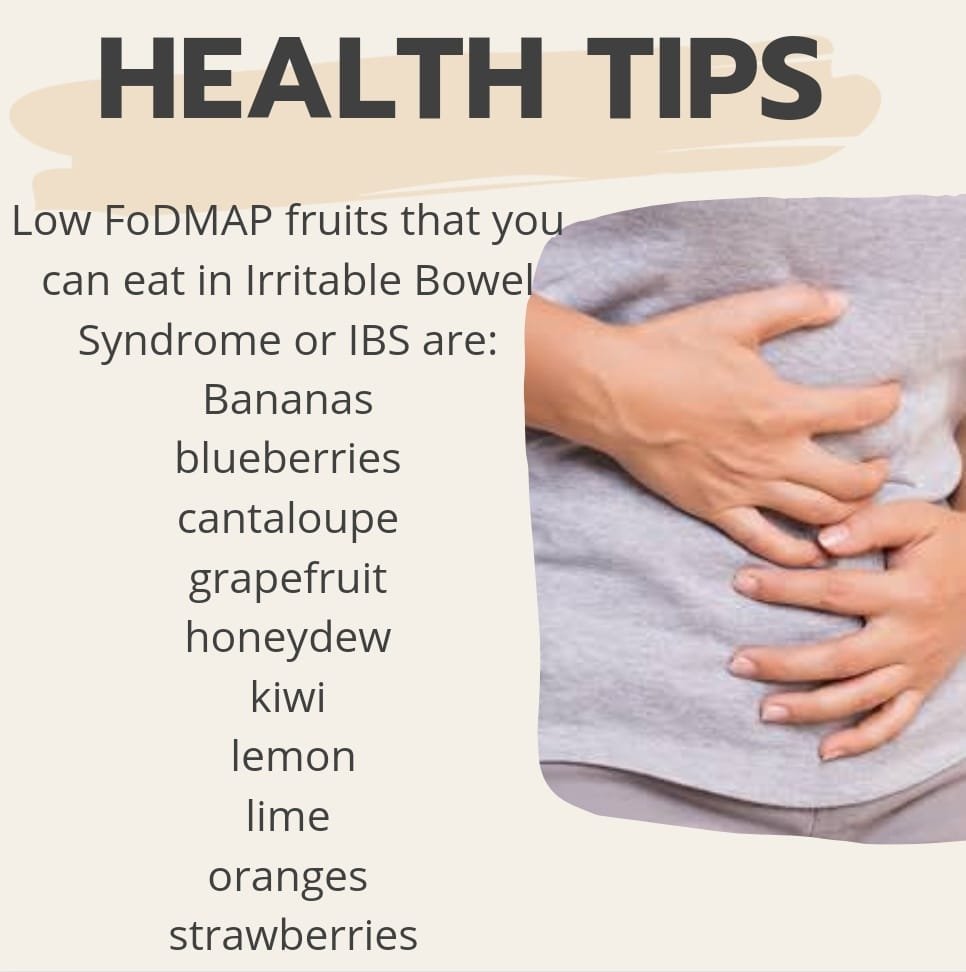Deepa Nandy
Dietitian, Nutritionist & Health Coach


Irritable bowel syndrome is a medical condition characterized by abdominal pain and changes in bowel movement that, unlike inflammatory bowel disease (IBD), does not involve intestinal damage. In addition to IBS-C and IBS-D, there is also mixed-type IBS (IBS-M) in which diarrhoea and constipation alternate.IBS is different for everyone, but it may help to keep track of how you react to the most common symptom triggers and learn to prevent them.
One of the most challenging aspects of living with irritable bowel syndrome (IBS) is identifying and avoiding the foods that set off IBS symptoms.
Because no two people are alike, there is no one-size-fits-all diet recommendation. For example, people with diarrhoea-predominant IBS (IBS-D) may not have the same triggers as those with constipation-predominant IBS (IBD-C).
FODMAP is an acronym for fermentable oligosaccharides, disaccharides, monosaccharides, and polyols. These are the short-chain carbohydrates found in many foods that tend to ferment and increase the volume of liquid and gas in the small and large intestines. Hence, eliminating high-FODMAP foods would help prevent and/or ease these symptoms. The diet can be challenging, as many common foods are high in FODMAPs.
Low FoDMAP fruits that you can eat in Irritable Bowel Syndrome:
- Bananas
- Blueberries
- Cantaloupe
- Grapefruit
- Honeydew
- Kiwi
- Lemon
- Lime
- Oranges
- Strawberries
